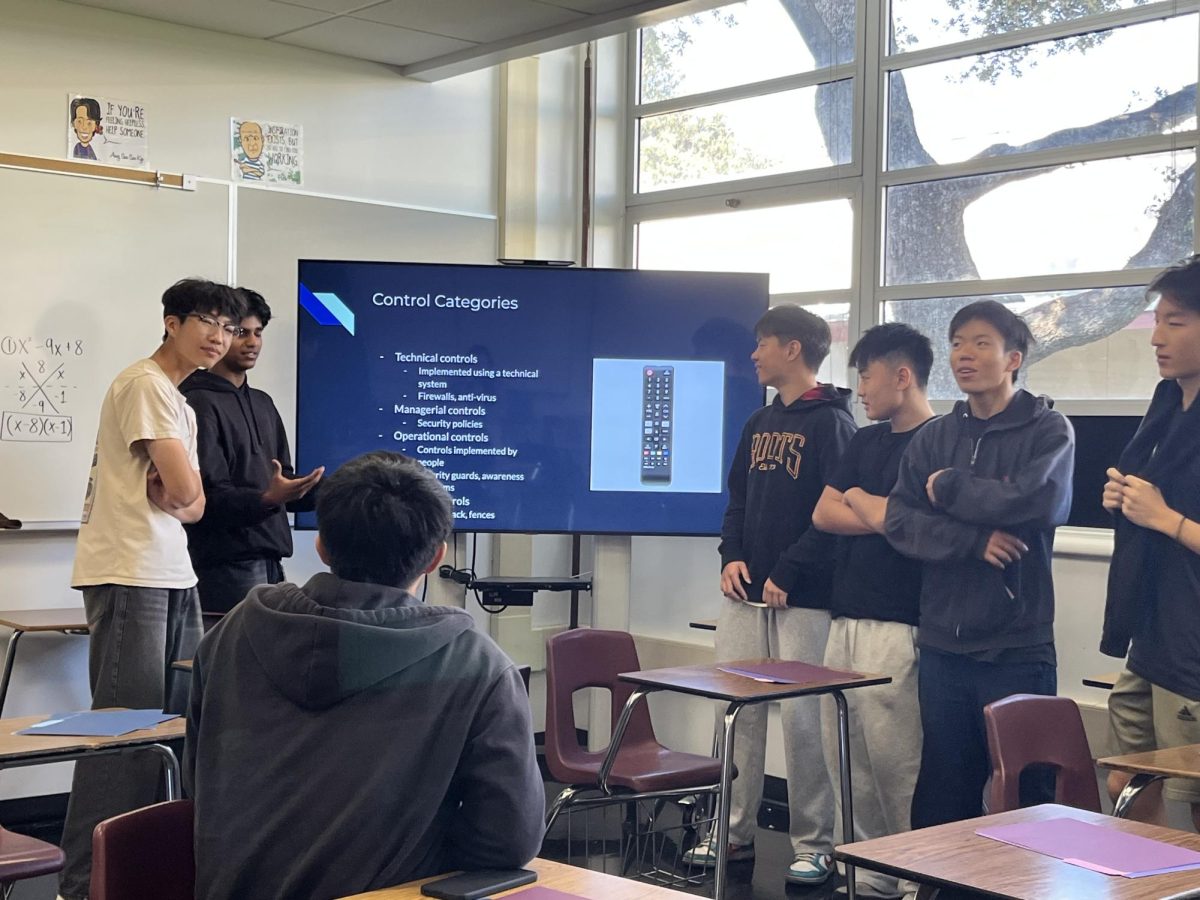With AP exam season starting in less than two weeks, it is the perfect time to start preparing for all your exams. It is very helpful if you know the format of your exam by looking at practice tests from previous years before starting your preparation. As of this year, AP exams will be in a digital format. This format is really handy when it comes to math exams such as AP Calculus or AP Statistics because you have a built-in calculator (Desmos) at your disposal. After familiarizing yourself with the format, start your preparation and make a schedule/plan because planning gives you a clear idea of what you need to focus on.
Focus on high-yield and relevant topics. You can find how each chapter is weighed by looking at AP Course At Glance; this pdf gives an overview of the importance of each chapter. It is helpful to create summary notes for each chapter, and start your preparation from the chapter with the most relevance to the least. Using review books like The Princeton Review or Barron’s can help you review all the concepts at a quicker pace and can also help with creating summary notes.
“When I was studying for AP United States History, The Princeton Review is what helped the most because they have really good practice tests,” said senior Catherine Wang.
It is key to start now rather than waiting until the week of your exam. Start with doing full reviews, then when you have a week left, do full-length practice exams. Then when you reach your final few days before the exam day, do light reviews, and this way you can manage to not be stressed out before your exam.
Another tip is to practice active recall. For instance, after reviewing all the key terms, test yourself immediately. Doing practice tests after reviewing each chapter is a great way to memorize the important concepts. By practicing active recall, you can understand the ideas better.
To get better at managing your time, try timed-practice tests. This practice can give a feel of how the actual test feels, and gets you better prepared. Take your timed-practice tests seriously and give your best. It is also crucial to take full-length practice tests at least once before the day of your exam.
The next tip is to learn how the test is graded, especially the free-response questions because they have a unique grading scale for each exam. Look at past scoring rubrics, and know what points are awarded for. Also, make sure you give yourself at least 10 minutes to an outline and read the prompt for free-response before starting.
“[When] I [took] my AP Calculus AB exam [last year], I found [that] it helped to do full-length practice exams that my teacher assigned,” said senior Sophie Choi. “I would time myself, and this really helped me on test day to use my time to my advantage.”
Lastly, stay calm on test day and get sufficient rest before your test. Stay hydrated and take breaks once in a while when studying. If you blank out, take a deep breath, close your eyes, and focus on what you remember. Keep moving forward with the test, and don’t spend too much time on one question. Good luck and try your best with all your exams. You got this!







